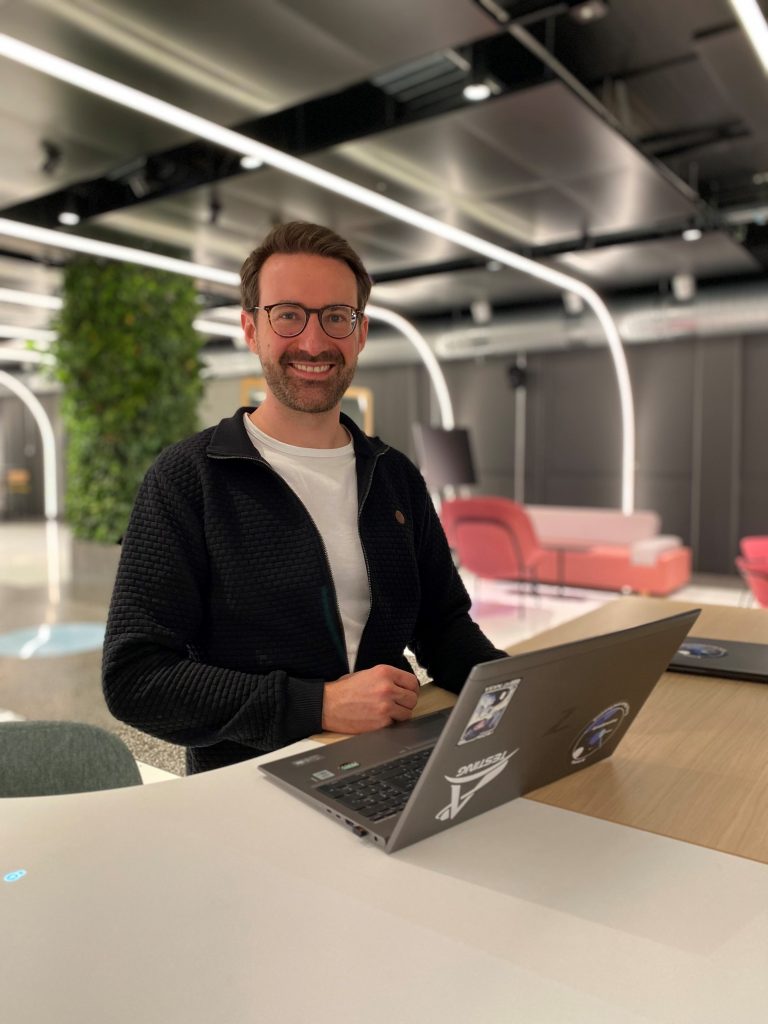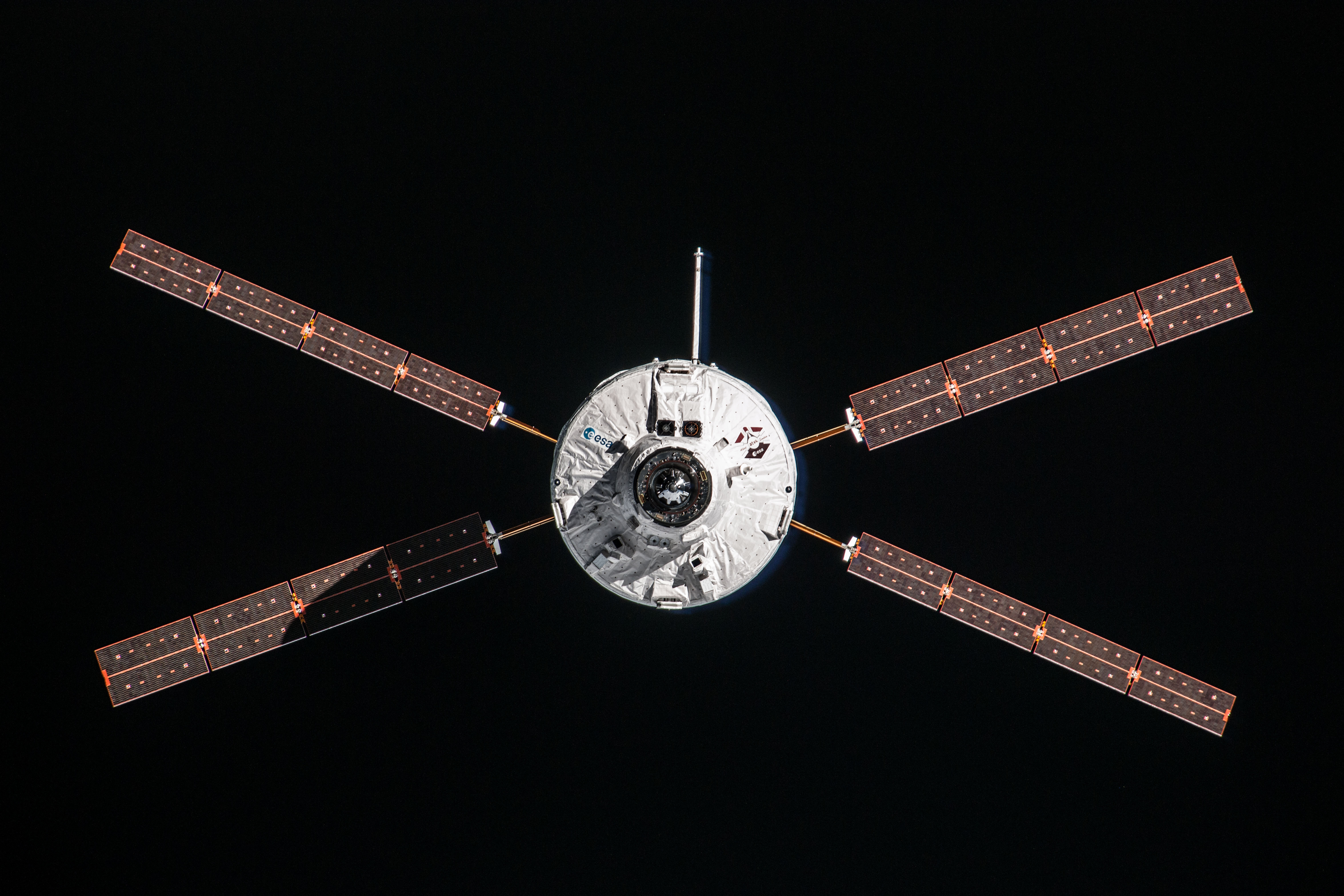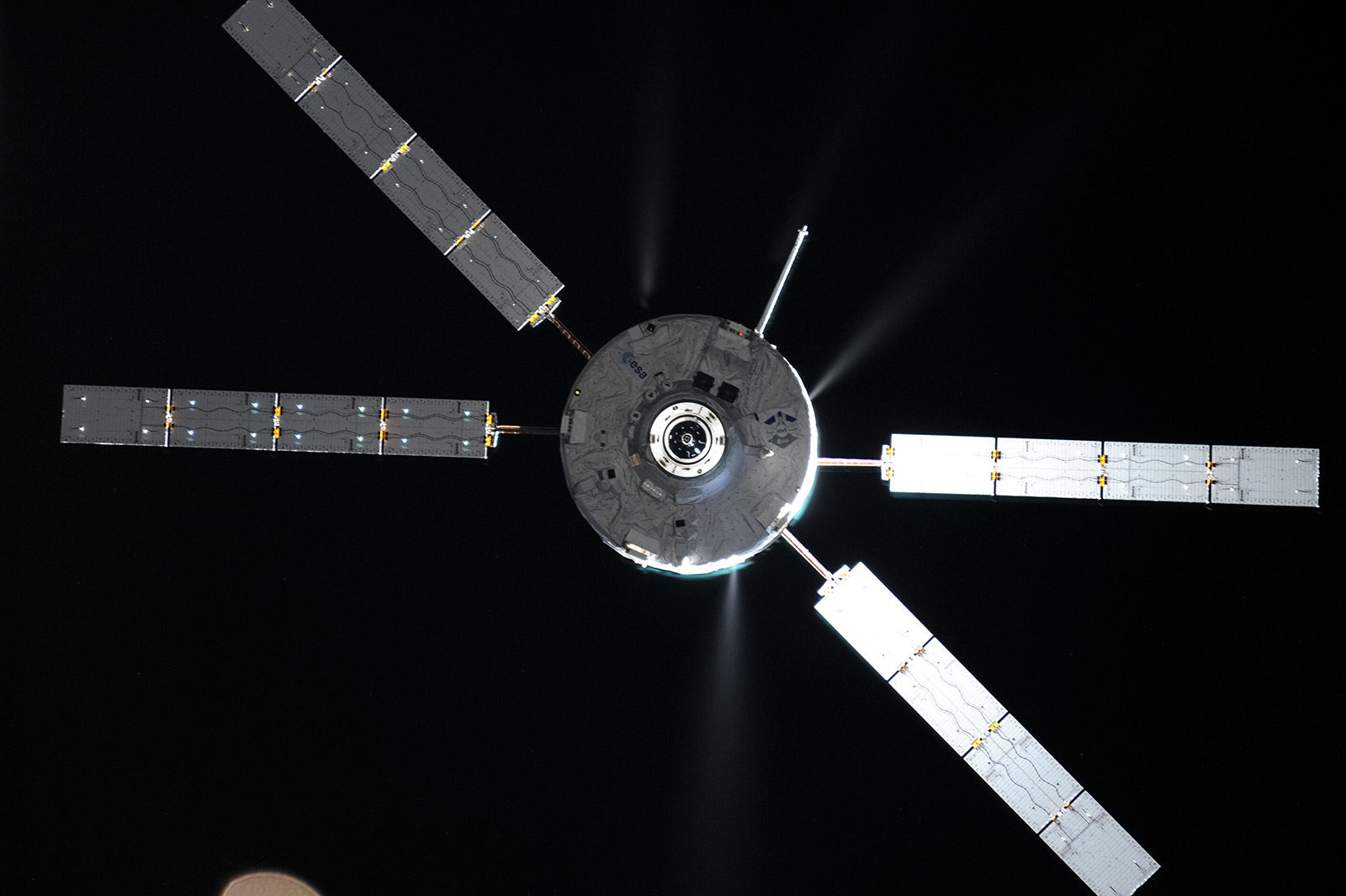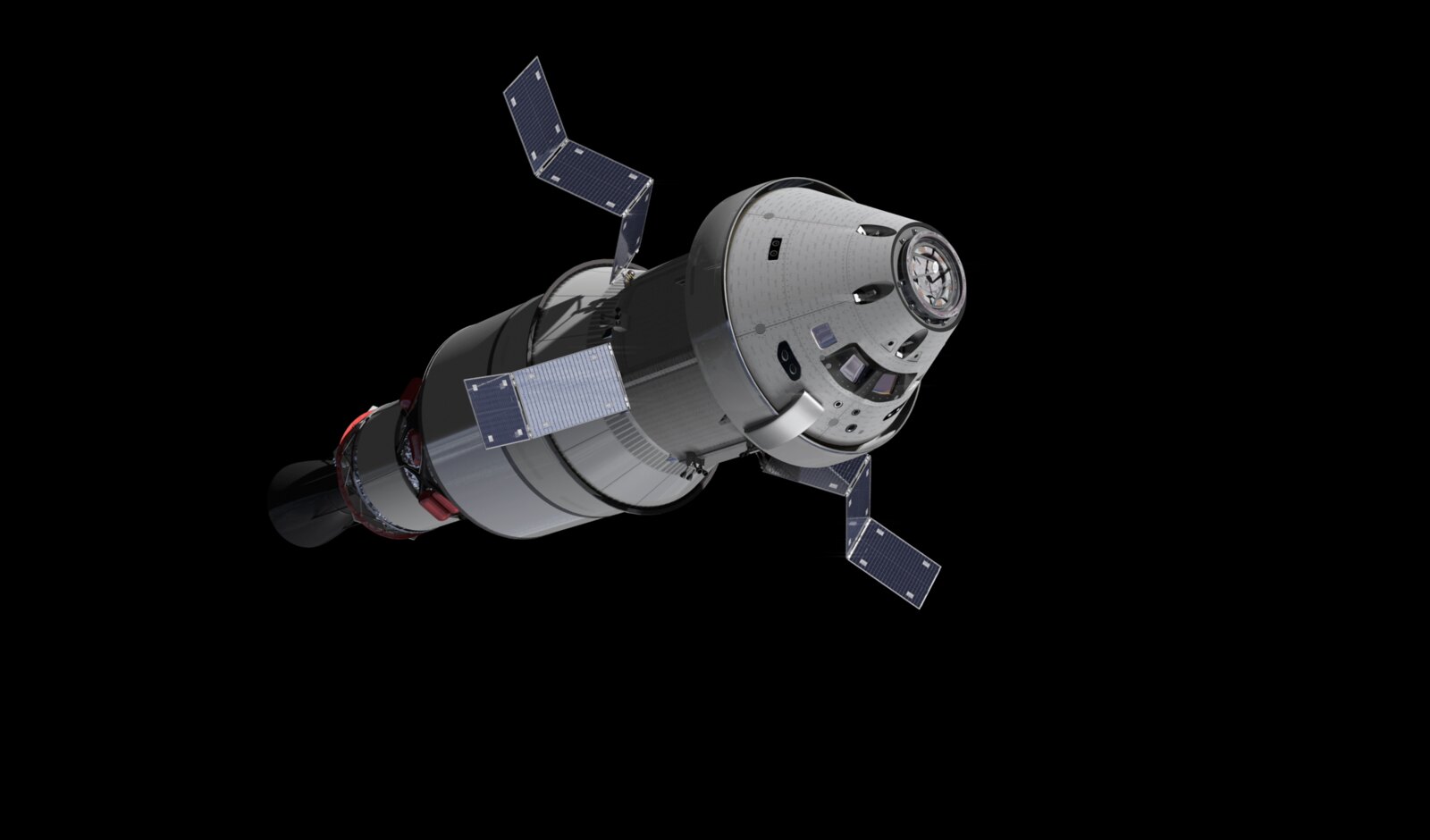It takes thousands of people to build a lunar spacecraft, let’s meet them and see what they do. Today we let Thierry from Beyond Gravity introduce himself:
What is your name and your role in the European Service Module programme?
My name is Thierry Bouquet and I am the lead test engineer at Beyond Gravity for the Artemis project, taking care of the testing of our Solar Array Drive Mechanism which is the link between solar panels and Orion spacecraft.

How long have you been involved in European Service Module’s development and what were/are your tasks?
I worked on the programme five years ago when I joined Beyond Gravity, switched projects in between and have been back now for another 18 months. My tasks at the moment involve developing, planning and conducting the qualification test campaign of our mechanism. This is later followed by acceptance tests for the flight models.
What is your educational background and prior work experience? How did you come to work on the European Service Module?
I graduated from ETH in mechanical engineering, focusing on aerospace lectures wherever possible. In my first employment I worked for a development engineering firm where I gained experience in different sectors and in quickly changing projects. At Beyond Gravity it was a mix of luck and preference to participate in this project that made it happen.
What is the most notable or memorable moment during your time working on the European Service Module?
My most memorable moment was the launch of Artemis I. Nothing would have kept me from watching the live broadcast of the take-off. I paused my early-morning gym session to see the event on my mobile phone. Seeing this giant rocket blasting off on its way to the Moon, knowing there was equipment on it that I had personally worked on at one point – that was a goosebump moment for me.
What does it mean to you to be part of the larger team offering humans a place to stay around the Moon?
Being able to contribute my part to this programme and to the larger team that makes it all happen is a great privilege for me for which I am very grateful. It is also humbling to realise the sheer number of professionals it takes to send a rocket to the Moon. It’s satisfying to know that I could assist with a small yet significant portion of the work, even if it’s less than 1% of the overall work.
What is one thing you’d like the European public to know about your job?
It is amazing😊
Do you have any advice for future generations interested in space exploration?
Identify what you are good at and enjoy doing, then seek out where this is needed.
The other advice I want to give is to communicate well. None of this is a one-person-show: the complexity, the effort, the expertise – all of space exploration is a team effort. The better the team interacts, the better the output. A main driver for good interaction is good communication.

 Automated Transfer Vehicle page
Automated Transfer Vehicle page ATV blog archive
ATV blog archive
 NASA Orion page
NASA Orion page NASA Artemis
NASA Artemis Airbus Orion page
Airbus Orion page
Discussion: one comment
Nice to hear one of the part..
In the last time I searching for team.
We never see us before!
Only online communications and after the big afternoon we lost us..
Now I found a part of people how create the widgetspinner.
My part was riskmanagement and political instruction. It was a hard work in my free time.
visit many schools and political education regarding law protection of society and constructions in the IT area.
But today my job is done and iam happy to have the chance of a new challenge by Esa or maybe NASA..